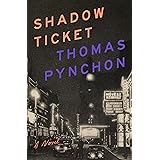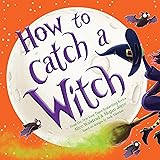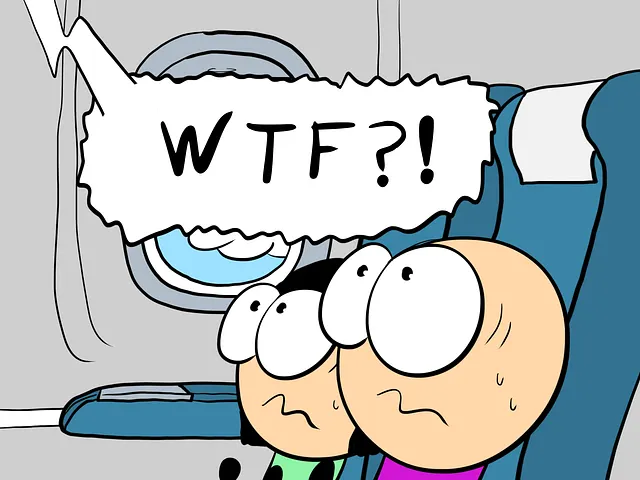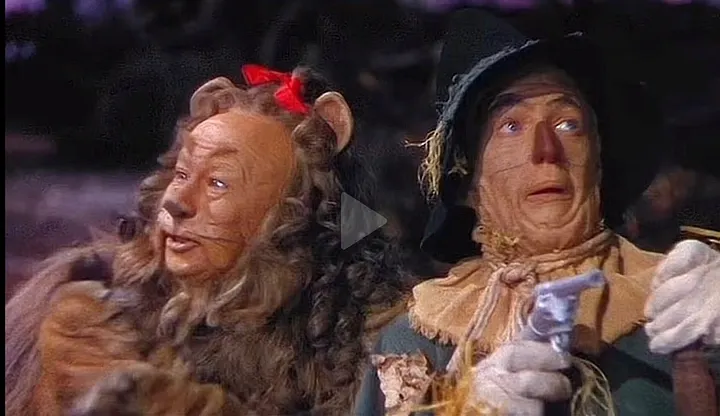“Unlock the Secrets of Language: Discover How Portmanteau Words Are Shaping Our Everyday Vocabulary!”
Words are the building blocks of our thoughts, yet did you know some of the most delightful combinations in the English language have curious origins? Let’s take a whimsical journey into the world of compounds and portmanteau words, examining how clever linguists like Lewis Carroll coined these vibrant expressions. Have you ever pondered how “brunch” or “smog” became a part of everyday chatter? This article dives into the fascinating intersection of language and creativity, featuring insights into agent nouns and the unique stories behind word formation. Get ready to be enchanted by the playful marriage of sounds and meanings that enrich our communication. Click here to LEARN MORE.

WRITING WELL
Including who coined the term for the clever combinations he introduced to the English language
I’ve discussed many types of compounds in the English language, from compound verbs and nouns to compound adjectives and even sentences. While reading about “agent nouns,” recently (a new term for me; examples include “teacher” and “editor;” i.e., nouns that indicate what a person or thing does), I realized that many of them are also compounds (e.g., “firefighter,” “babysitter,” “bookkeeper,” and “cabdriver”).
While portmanteau words aren’t compounds in that they don’t combine two words the way agent nouns such as “firefighter”’ and “cabdriver” do, they are created when words are combined in other ways. As Merriam-Webster (which drops “word” from its primary “portmanteau” listing) puts it, a portmanteau is a “word or part of a word made by combining the spellings or meanings of two or more other words or word parts.” According to Bryan Gardner in Gardner’s Modern English Language, the author known as Lewis Carroll† came up with the term “portmanteau words” to describe “words formed by combining the sounds and meanings of…different words.” Since Carroll lived in the 1800s, when bags, cases, and trunks with two sections were commonly called portmanteaus, it’s not…

















